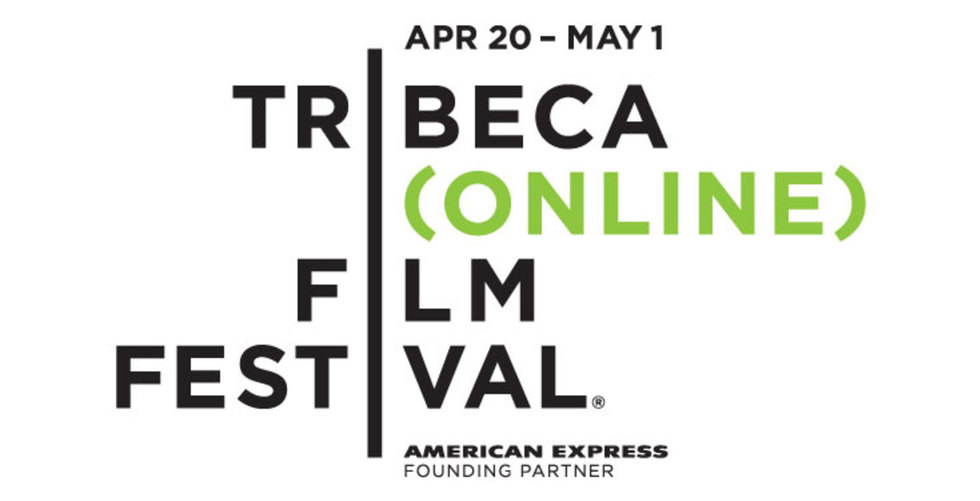
BY GEOFFREY GILMORE |
How the Internet is Changing the Film Festival Experience
The world of cinema is changing in every way, and that extends to the new world of film festivals. Recognizing this, we at Tribeca Film Festival have created the Future of Film blog as a place for discussion about how the world of film is changing.

We’ve arrived at the crossroads of one of the most momentous moments in the history of film. Today, because of the advancement of digital technologies and the Internet, we are facing the most significant periods of change in the last 50 years. And it’s affecting every aspect of film production, distribution, marketing, and consumption. Recognizing this, we at Tribeca Film Festival have created the Future of Film blog as a place for discussion about how the world of film is changing and speculation and informed forecasting about what is coming down the pike. The world of cinema is changing in every way, and that extends to the new world of film festivals.
It's become abundantly clear that the Internet is changing the way in which people experience watching movies. So with this year’s Tribeca Film Festival, we wanted to explore how the Internet could re-invent, or better yet, reframe the film festival experience itself. We started by asking ourselves how an online film festival differs from a traditional film festival. In essence, how should the Tribeca (Online) Film Festival differ from the Tribeca Film Festival? What is an online film festival, and how is that different from a festival online?
Recent advances in digital technology means that we have new ways of thinking about what an online festival can be. At Tribeca, we see the online festival as being a way of building out a community; a way of interacting with the Tribeca Film Festival and, perhaps most importantly, a way of interacting with the film festival (especially its filmmakers) -even if you live in New York and are going to the Tribeca Film Festival in person. An online festival is not just for people who can’t be there in person. The people who are attending the films want to be part of the community and online experience as well. Festivals have always been about creating a community, but now they can do this is a number of different ways.
This year we’ve added a number of different digital features that we think will fundamentally change the online film festival experience.
For example, the Tribeca Q&A, a new offering this year, is an interactive graphical-based Q&A system where you can ask questions of participating filmmakers as well as staff and other film experts. We’ve also created a live streaming channel where webcams will be running 24/7 at a lot of our red carpet locations. The "Future of Film" blog features a number of professionals and artists, executives and commentators, from both the film and technology world to talk about the changes that are happening both in the media and the technology industries around the subject of filmmaking and storytelling. Finally, we’re launching a series of Filmmaker Feeds, which is a new way to connect directly with the filmmakers themselves. You’ll be able to connect with them through Twitter and Facebook and see their favorite links and blog updates.
Also this year, we’ve changed the way people screen films online. Rather than simply making a film available for an entire week, we’re making them available to movie lovers on an a la carte basis based on screening windows of 24 hours each. While we’re making it as easy as possible to have a seat reserved for a screening, we also wanted to keep in mind the business interests of the filmmakers. We’re capping the overall number of people that will actually be able to see the film, just like in a regular screening that has a specific amount of seats.
What all this means is that the online film festival becomes something that helps filmmakers get their films out to the public without destroying their capability of selling it or presenting it online for revenue at a later time. The online screenings become capped promotional screenings, which is essentially what a film festival screening is in every other way. When the online audience becomes more selective about what they want to see, this helps the filmmaker showcase the film to the right audience. Suddenly, the online film festival makes it possible to open up new opportunities to generate buzz and word-of-mouth publicity.
At the Tribeca Film Festival, we’re showing that the online film festival can help to create a new way to access filmmakers, to experience films, and to obtain new perspectives into the world of the film festival itself. The interplay between on-the-ground events and online events can help to magnify the impact of both. While different festivals are offering different kinds of online access to some events or streaming different kinds of films, I don’t know of any other festival that’s done what we’re doing here, in terms of trying to re-think what an online film community’s access to a festival should be and how a festival can utilize technology to extend its mission and create new opportunities and open new realms for filmmakers.